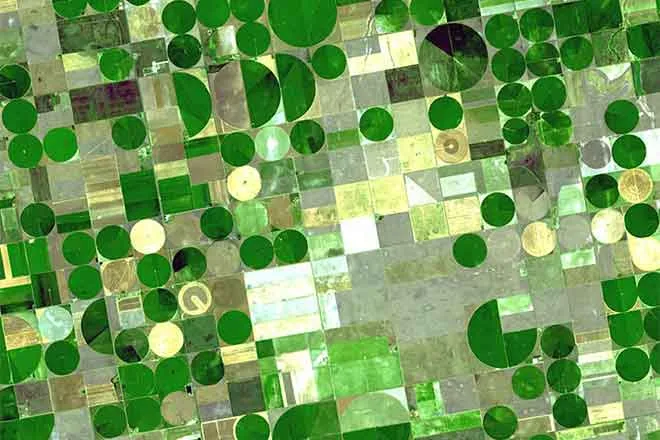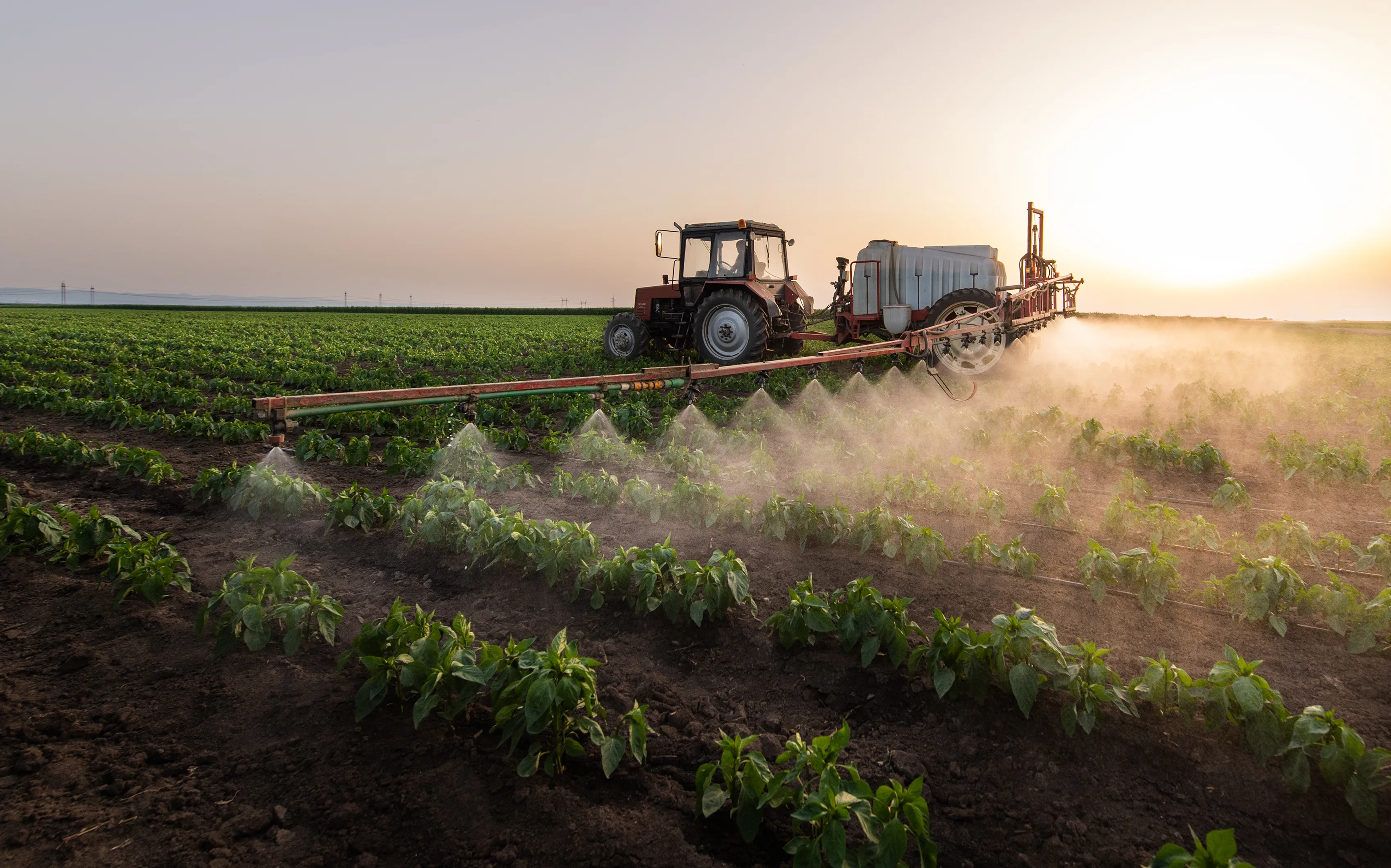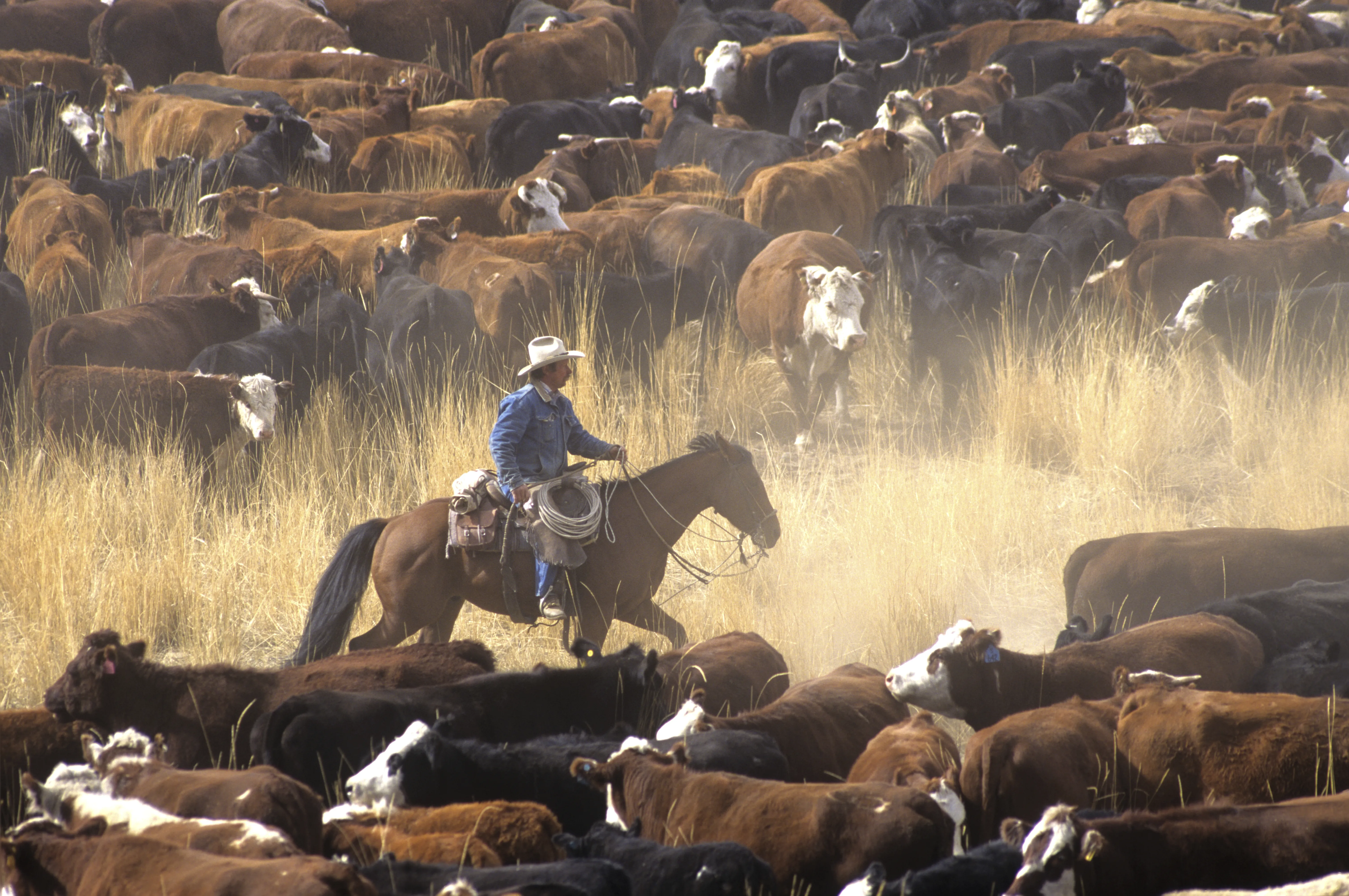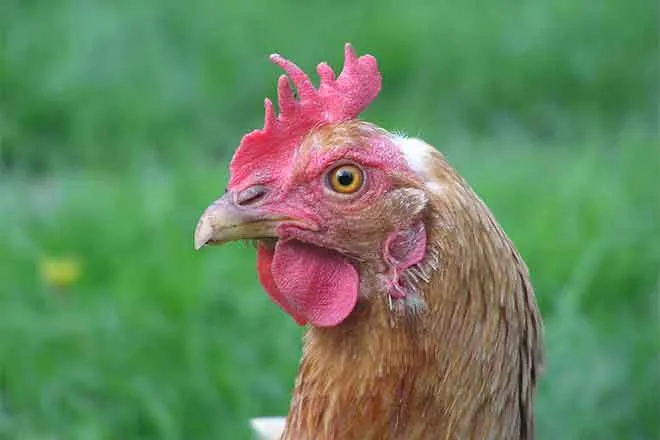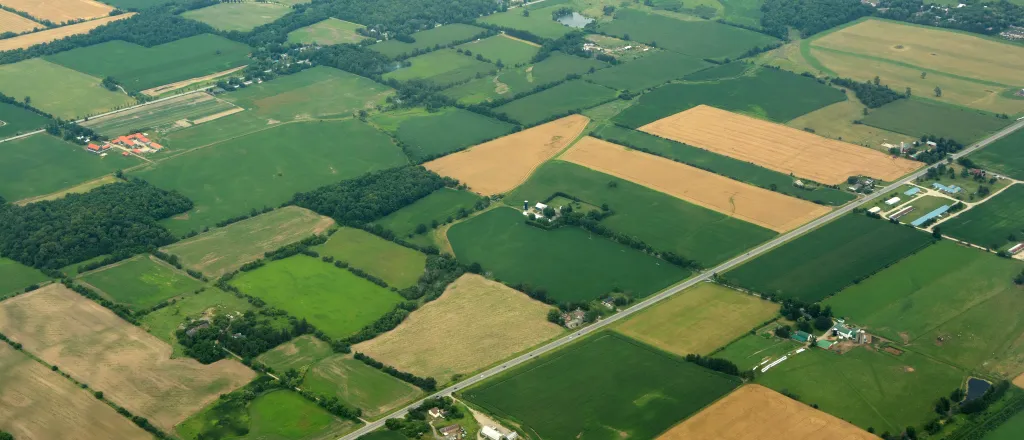
$25,000 Donated for Fire Disaster Relief Fund
iStock - IMNATURE
Premier Farm Credit, American AgCredit, Farm Credit of Southern Colorado and CoBank have announced they will donate a total of $25,000 to the Colorado Farm Bureau’s Disaster Relief Fund to help the farmers and ranchers impacted by the recent fire in Logan and Phillips counties.
“Agriculture is the backbone of Northeast Colorado; both the short and long-term impacts of this fire are tremendous,” said Rick Sanger, President and CEO of Premier Farm Credit, based in Sterling. “We’re grateful that together with CoBank, American AgCredit and Farm Credit of Southern Colorado we can make a meaningful contribution to the Colorado Farm Bureau Disaster Relief Fund.”
Alan Woodard, President and CEO Farm Credit of Southern Colorado, said, “Farm Credit of Southern Colorado is committed to working cooperatively with other Farm Credit Associations and industry partners to assist farmers and ranchers who have been impacted by these devastating events.” American AgCredit CEO Byron Enix added, “It is our honor to assist in the relief efforts, and we are deeply concerned for all who were impacted by the devastating wildfire.”
“Farm Credit and CoBank have a history of standing by our customers and the rural communities we serve in good times and in bad,” said Travis Ball, regional vice president, CoBank. “The recent wildfires in Colorado have created a tremendous need and we are committed to doing our part to support the industry and the people of Colorado in their recovery efforts.”
The fast-moving grass fire consumed more than 30,000 acres, killing livestock, damaging crops, and destroying homes, equipment, and farmsteads in its path. The fire is out, but the short and long-term impacts to agriculture and life in the area will be felt for years to come.
A visit to the area reveals some of the immediate and obvious challenges locals are facing. With the vegetative cover gone on much of the land, the dirt is drifting and extensive erosion is occurring. Farmers are racing to plant cover crops where possible, but conditions have been less than favorable. Experts have indicated it will likely be at least 2 years before grazing will resume on the rangeland in the area, and it could take between 25 and 100 years for it to fully recover.
Those who lost homes, structures, equipment, fences, and animals are now dealing with the aftermath, as they plan to rebuild and replace valuable buildings and livestock. This is an extreme financial strain, in addition to being physically and emotionally challenging.
“We’ll continue to search for ways to support our customers, friends and neighbors,” said Rick Sanger. “As we move forward, we encourage others to do the same.”

